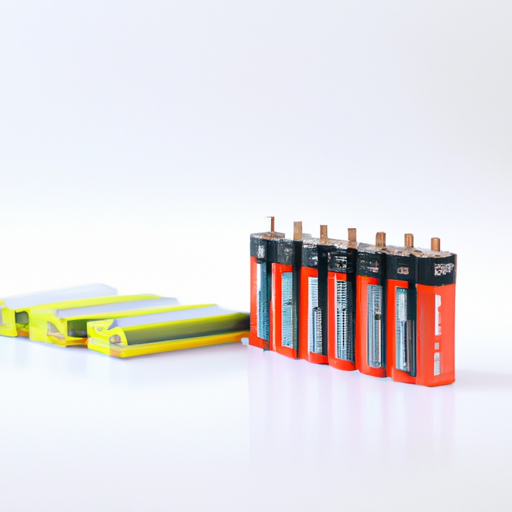BH2DL Battery Chargers: Core Functional Technologies and Application Development Cases
Battery chargers have evolved significantly, driven by advancements in technology and the increasing demand for efficient, safe, and versatile charging solutions. Below is a detailed overview of core functional technologies in battery chargers, along with application development cases that demonstrate their effectiveness.
Core Functional Technologies in Battery Chargers
| 1. Smart Charging Technology | |
| 2. Fast Charging | |
| 3. Wireless Charging | |
| 4. Battery Management Systems (BMS) | |
| 5. Multi-Chemistry Charging | |
| 6. Solar Charging | |
| 1. Electric Vehicles (EVs) | |
| 2. Consumer Electronics | |
| 3. Renewable Energy Storage | |
| 4. Wearable Technology | |
| 5. Drones | |
| 6. Portable Power Banks | |
Application Development Cases
Conclusion

The evolution of battery charger technology is driven by the need for faster, safer, and more efficient charging solutions across various applications. From electric vehicles to consumer electronics, the integration of smart charging, fast charging, and battery management systems is enhancing user experience and extending battery life. As technology continues to advance, we can expect even more innovative solutions in the battery charging landscape, paving the way for a more connected and efficient future.
BH2DL Battery Chargers: Core Functional Technologies and Application Development Cases
Battery chargers have evolved significantly, driven by advancements in technology and the increasing demand for efficient, safe, and versatile charging solutions. Below is a detailed overview of core functional technologies in battery chargers, along with application development cases that demonstrate their effectiveness.
Core Functional Technologies in Battery Chargers
| 1. Smart Charging Technology | |
| 2. Fast Charging | |
| 3. Wireless Charging | |
| 4. Battery Management Systems (BMS) | |
| 5. Multi-Chemistry Charging | |
| 6. Solar Charging | |
| 1. Electric Vehicles (EVs) | |
| 2. Consumer Electronics | |
| 3. Renewable Energy Storage | |
| 4. Wearable Technology | |
| 5. Drones | |
| 6. Portable Power Banks | |
Application Development Cases
Conclusion

The evolution of battery charger technology is driven by the need for faster, safer, and more efficient charging solutions across various applications. From electric vehicles to consumer electronics, the integration of smart charging, fast charging, and battery management systems is enhancing user experience and extending battery life. As technology continues to advance, we can expect even more innovative solutions in the battery charging landscape, paving the way for a more connected and efficient future.













